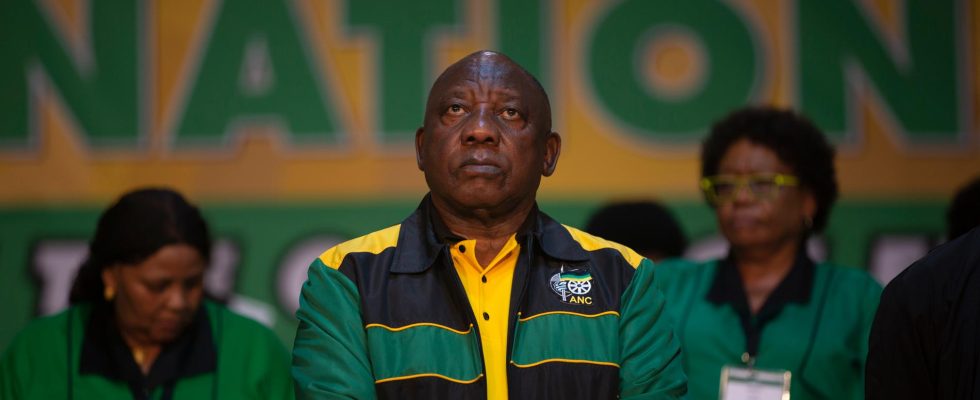South Africa’s ruling party ANC, the great pride of freedom fighter Nelson Mandela, is facing new difficult challenges.
The main opposition party announces it is merging with six smaller parties to challenge the ANC’s long-standing dominance.
The long-established ANC, which has long dominated South African politics and held power for nearly three decades, is being challenged by seven opposition parties forming an alliance ahead of elections next year. The election concerns the lower house of parliament, where the largest party usually chooses who is appointed president.
The leaders of the seven parties are due to meet in mid-August in Johannesburg to draw up a strategy on “a shared vision for a new government”. The strategy aims to knock the social democratic ANC out of the picture. The largest opposition party, the Democratic Alliance, is at the forefront of cooperation. However, the country’s third largest party, the left-wing radical EFF, is not part of the alliance.
The ANC’s reputation has been tarnished by years of scandal. The image of the party is tarnished by corruption, nepotism and weak finances, which have resulted in declining voter support. In the 2021 local elections, the party suffered record losses when, for the first time in democratic times, it received less than half of the votes.
FACTSProblematic ANC
The African National Congress (ANC) is Africa’s oldest liberation movement. Anti-apartheid campaigner, peace laureate and politician Nelson Mandela was one of its most vocal members and leaders.
When Nelson Mandela was released after 27 years in prison in 1990, a new era began for the movement. The ANC has been South Africa’s ruling party since 1994.
Almost three decades later, the disappointment is enormous about the South Africa that did not become. The country is still among the most unequal in the world, unemployment is around 30 percent and crime is high.
Read more
